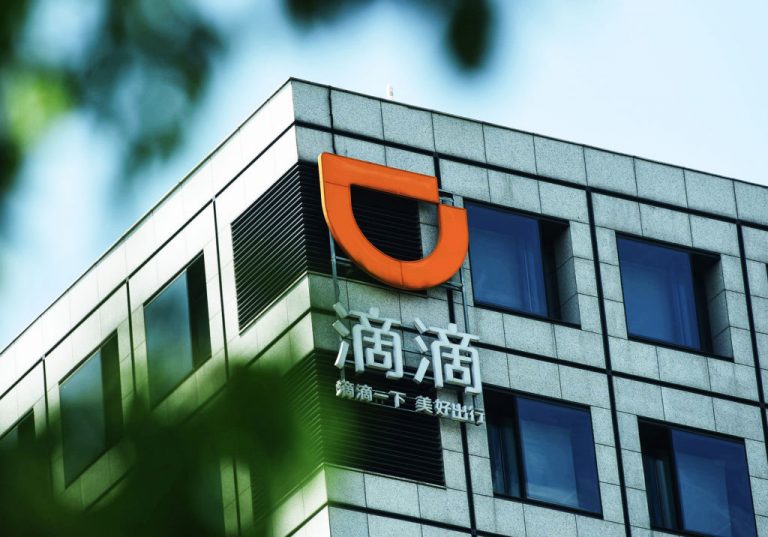As Chinese leader Xi Jinping’s crackdown on the nation’s big tech continues, the latest company to face issues is ride-sharing app Didi Chuxing Technology Co. On Nov. 25, Chinese regulators asked Didi’s top executives to delist from the New York Stock Exchange as soon as possible, citing concerns over data security.
The Cyberspace Administration of China (CAC), the nation’s agency responsible for the management of sensitive data, has asked Didi to work out precise details in removing itself from U.S. bourses. In addition, it asked that the plan be submitted for government approval within a certain time frame.
According to the CAC, a cyberspace investigation of the company revealed that users’ personal data had been collected illegally and several rules in data storage had been broken.
Bloomberg reported that Didi’s shares in SoftBank Group Corp., its largest minority shareholder, slid by more than 5 percent in Tokyo. Chinese tech stocks including Tencent Holdings Ltd. were also reported to have taken a hit in the Hong Kong exchange.
According to U.S. bourses, Didi’s overall stock plunged as much as 7.5 percent in the first minutes of trading on Nov. 26 — the biggest drop the New York Stock Exchange has seen in more than a month. Shares of the company have also dropped by 42 percent since the company’s public offering in June.
Success
You are now signed up for our newsletter
Success
Check your email to complete sign up
When the ride-hailing app proceeded with its New York offering despite regulatory concerns from the CAC, Chinese regulators immediately launched multiple investigations and considered unprecedented penalties against the company. Regulators claimed Didi broke several regulatory laws and did not reply to multiple requests asking it to ensure the security of its data prior to the IPO.
Symbolic punishment
Experts told Reuters that it’s possible the delisting is part of a symbolic punishment from Chinese authorities. It also sends a message to other big tech companies that no matter how much wealth they accrue, they remain under governmental control.
Beijing’s municipal government has proposed an investment in the company that would enable state-run firms to regain control. Such an investment could help Didi in privatizing its shares, finance the repurchase of its U.S.-traded shares, or seek a listing in Hong Kong.
Founded in 2012, Didi Chuxing is currently managed by co-founders Cheng Wei and Jean Liu. Liu was promoted to President in June and given a 58 percent voting power after the company went public with its stock in the summer. The company’s two largest backers are Japanese conglomerate Softbank and American ride-share app Uber.
Didi was known for its astronomical rise after it was hailed as having defeated Uber in China. However, it has now become the latest example in Chinese leader Xi Jinping’s effort to curb the power of internet titans.
Xi’s administration, keen to promote a vision of sharing the wealth or “common prosperity,” for all Chinese citizens, has targeted big tech and private sectors by launching a series of unprecedented investigations and regulatory scrutiny.
Chinese e-commerce giant Alibaba was fined a record $2.8 billion in April and gaming platform Tencent holdings saw a 12 percent fall in quarterly earnings after regulators slammed the company for engaging in “monopolistic practices.”
READ MORE:
China’s Tech Industry Expecting Drop in Profit as Xi’s Crackdown Continues














